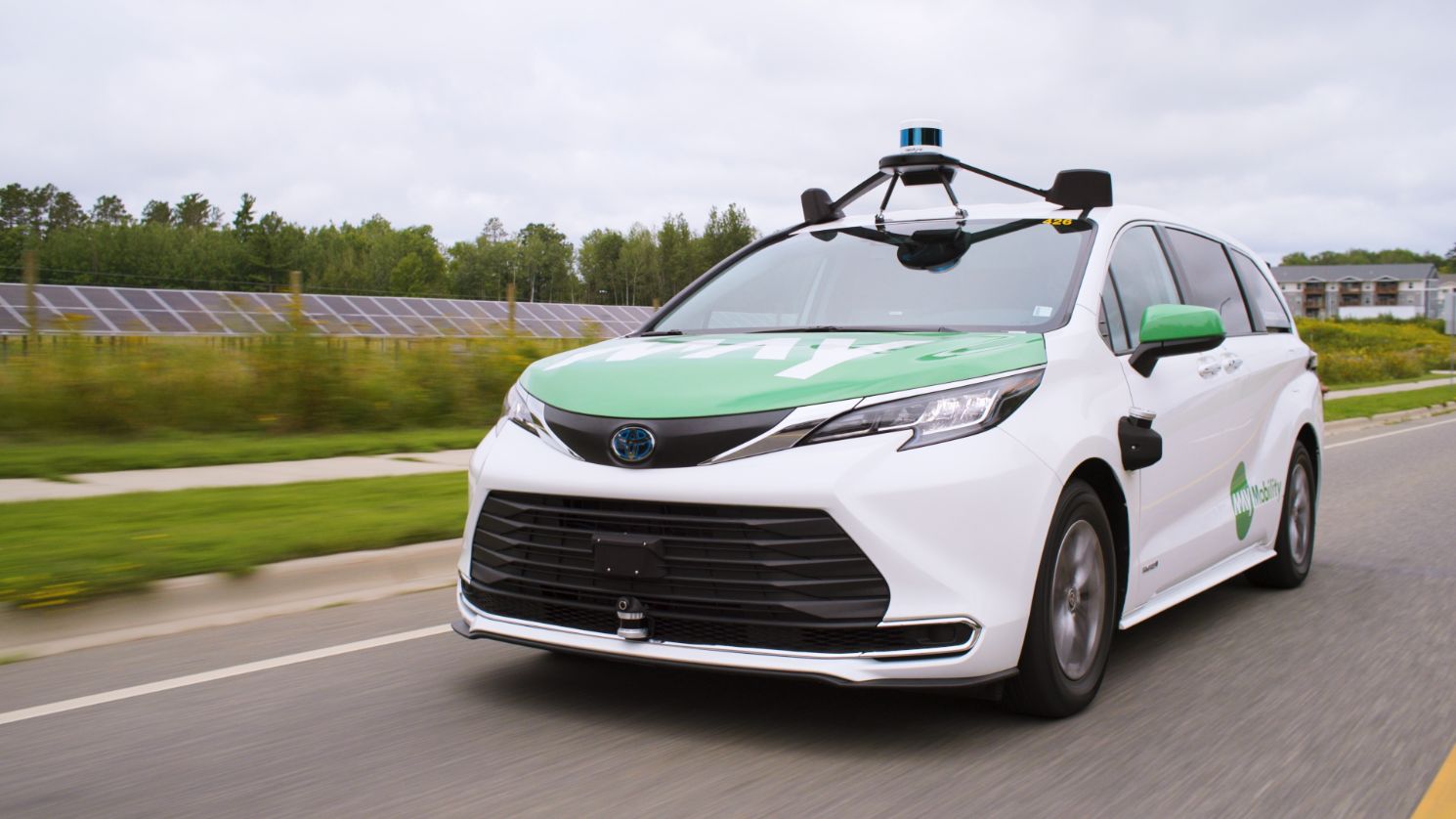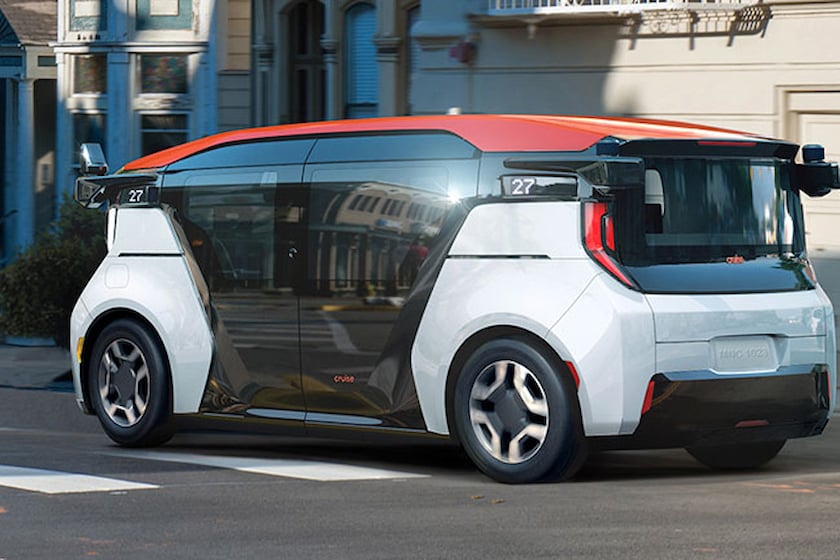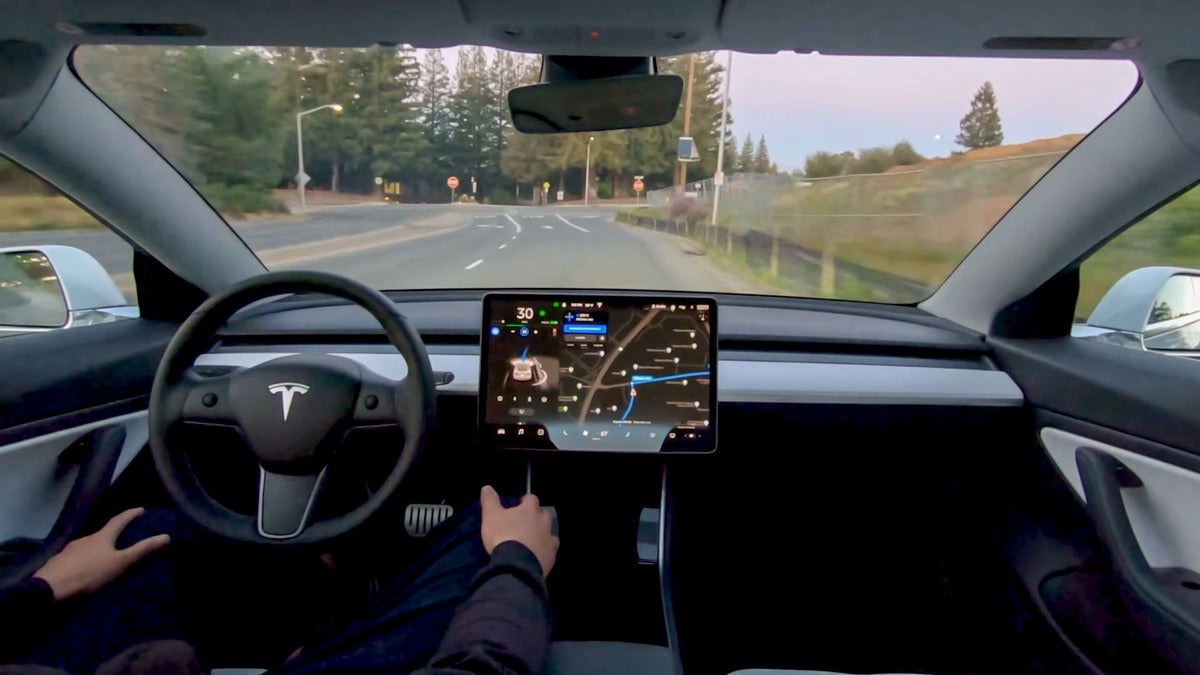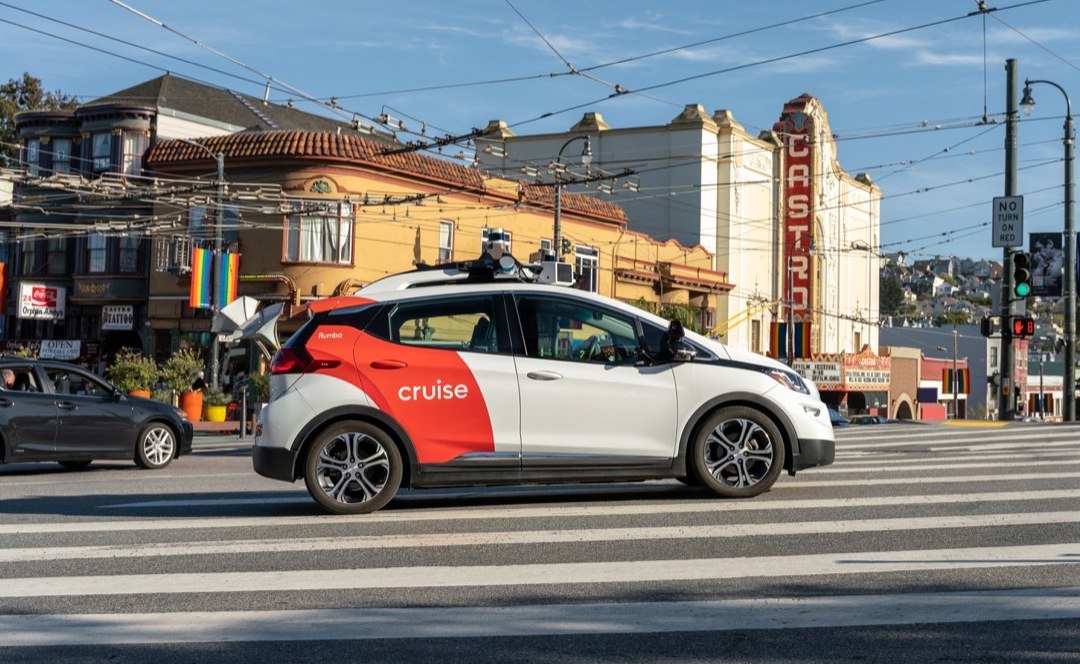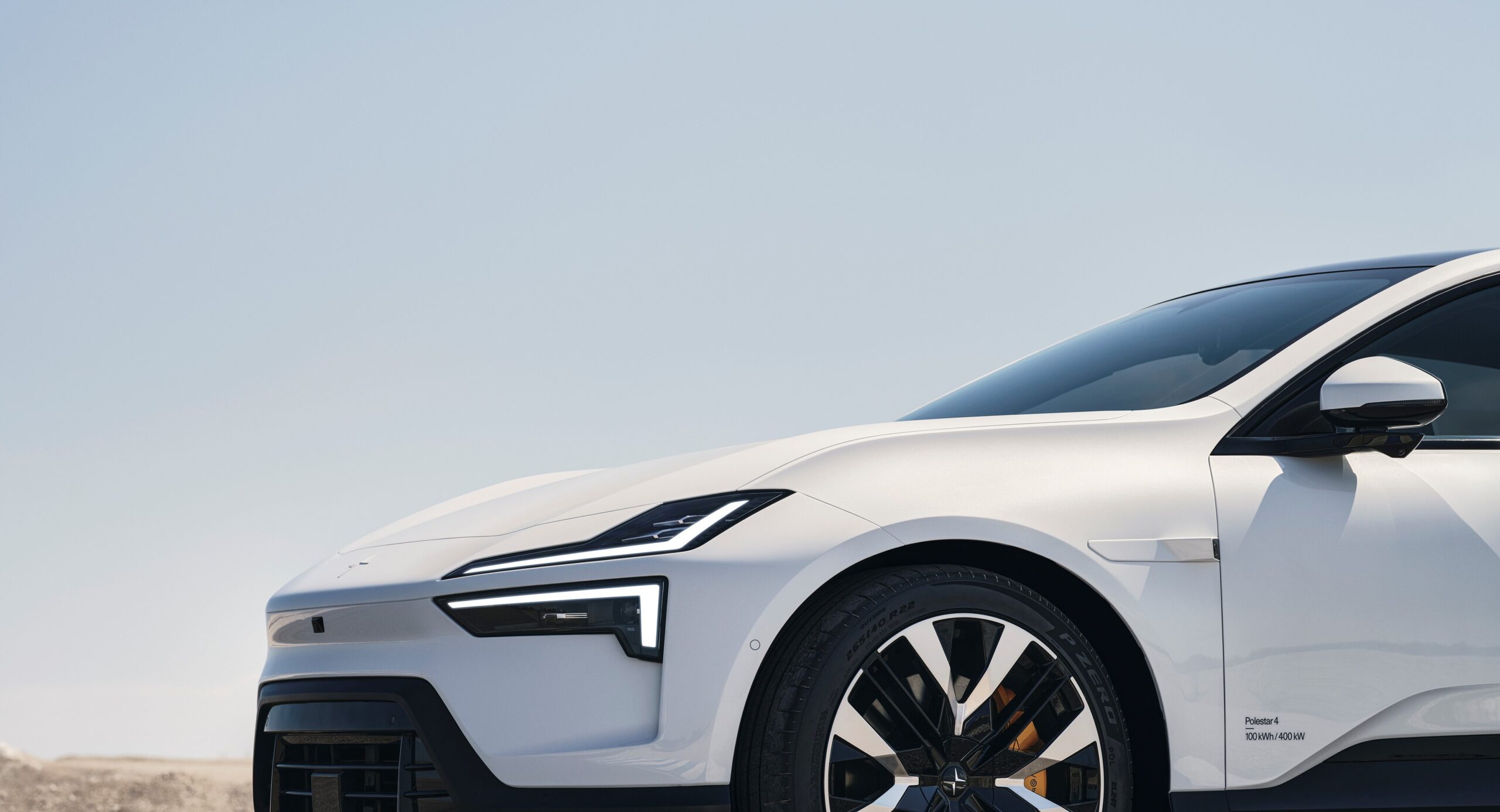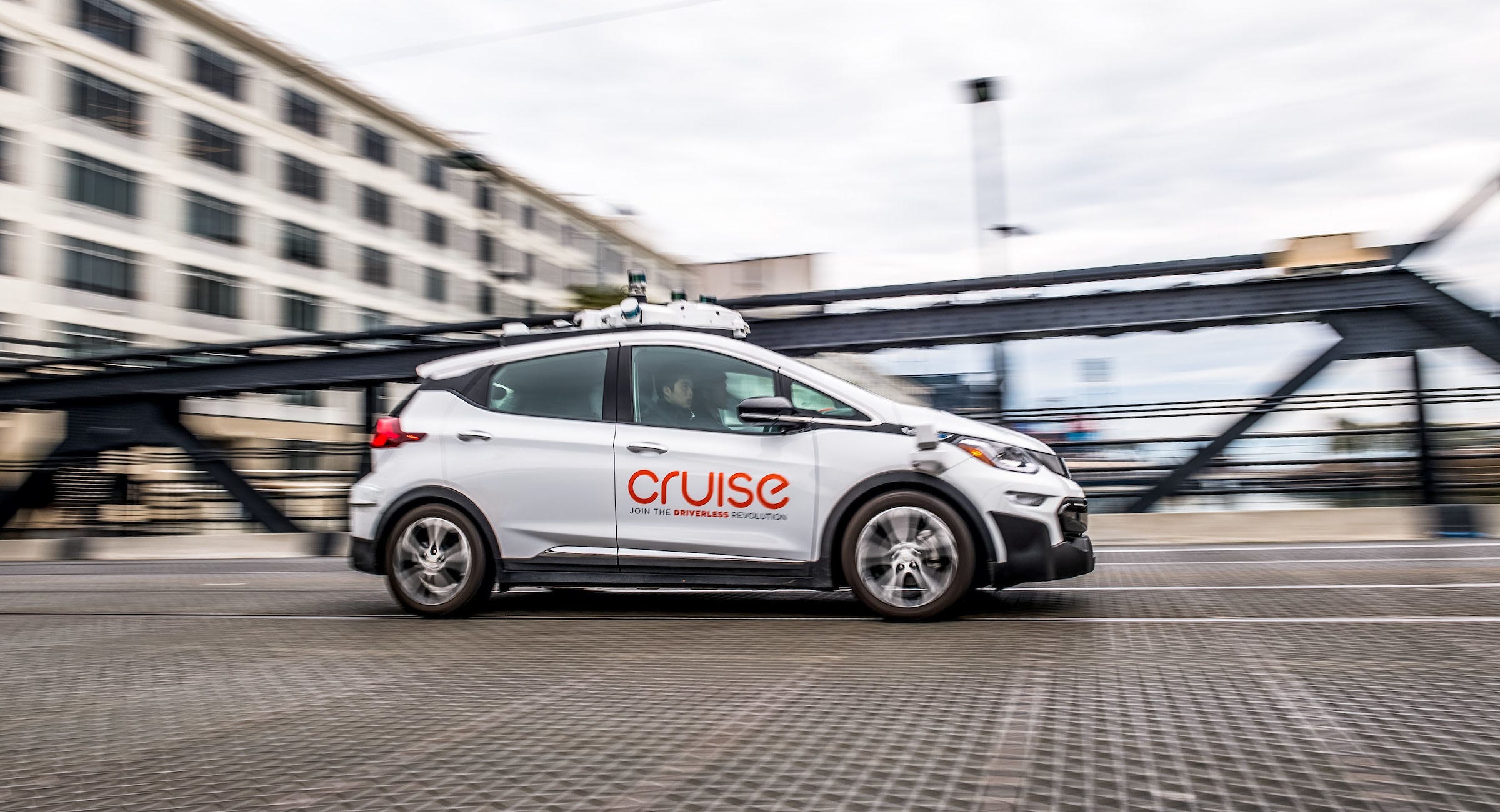Japanese firm NTT Communications pours a hefty investment of nearly $67 million into the Michigan-based self-driving startup, May Mobility, supported by Toyota. The move, unveiled by Nikkei Asia, showcases NTT’s commitment to self-driving technology, with an infusion of approximately 10 billion yen ($66.9 million) into May Mobility. The startup’s vision revolves around developing self-driving buses and taxis, with an ambitious target set for 2025. Joining the ranks of investors are automotive giant Bridgestone, Toyota, and a cohort of others.
May Mobility boasts technology that aligns with Level 4 automated driving standards, signaling a future where drivers will not be mandatory in specific regions where regulatory frameworks permit this level of autonomy, as designated by the Society of Automotive Engineers (SAE).
Toyota, which previously entered into a capital and business alliance with NTT in 2020, is anticipated to take the lead in manufacturing the self-driving vehicles. Furthermore, Japanese insurer Aioi Nissay Dowa Insurance is already on board as an investor and is actively developing insurance policies tailored to self-driving vehicles.
The partnership grants NTT Communications exclusive distribution rights for May Mobility’s products in Japan, aiming to equip government and operator vehicles with the startup’s advanced sensors and software beginning in 2025. Initially, the focus will be on buses, with plans to expand the lineup to include taxis and other automotive offerings.
May Mobility is gearing up for demonstration tests in 2024, utilizing self-driving vehicles based on the Sienna minivan. The company has already conducted extensive testing in 12 cities, primarily in North America, accumulating over 350,000 miles of autonomous driving experience.
This development comes on the heels of Japan’s decision to lift its ban on Level 4 autonomy in April, amidst increased scrutiny of self-driving initiatives by companies like Tesla and the recent regulatory halt of General Motors-backed self-driving firm, Cruise, following a series of incidents in California.
While Toyota has recently shown a growing interest in electric vehicles (EVs) and raised its target for battery-electric vehicle (BEV) production to 600,000 units in 2025, the automaker remains committed to autonomous driving ventures, as evidenced by its strategic partnerships and the acquisition of Lyft’s self-driving unit for $550 million in 2021.

